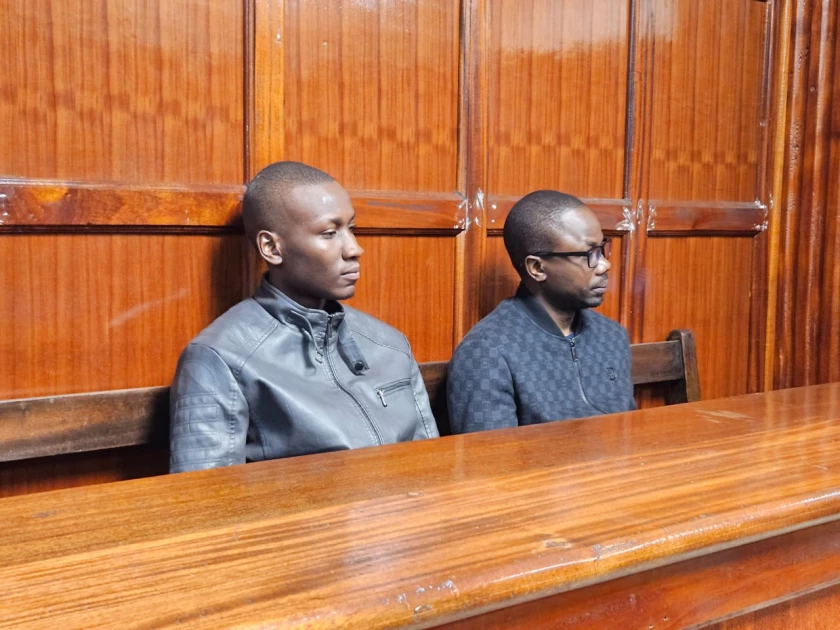-
On May 26, 2025, two University of Nairobi students, Jesus Godoua Imedji (a foreign national) and Kenyan student Judith Mbatha Nzioka, were arraigned at Milimani Law Courts. They face charges of conspiracy to defraud and obtaining money by false pretences. Tuko.co.ke – Kenya news.+1
-
They are accused of convincing a woman named Tuyishime Grace to transfer 116,000 USDT (approximately KSh 15,360,000) on April 30, 2025, under the pretext that they could assist her in trading cryptocurrency on the Binance platform. Tuko.co.ke – Kenya news.+2The Star+2
Legal and Court Proceedings
-
The accused pleaded not guilty to both counts. Tuko.co.ke – Kenya news.+1
-
Bail / bond:
-
The prosecution strongly opposed the granting of bail, citing the seriousness of the crime, the cross-border implications of cryptocurrency fraud, and risks of witness interference. Tuko.co.ke – Kenya news.+1
-
Defence argued both are students, have fixed residences, and have cooperated with investigations. They also said Imedji’s passport was confiscated to reduce flight risk. The Star+1
-
-
The next hearing was scheduled for May 28, 2025, to determine bail and related bond terms. Tuko.co.ke – Kenya news.+1
Key Issues & Implications
-
Seriousness of Crypto / Cyber-Financial Crimes
The case highlights growing enforcement of laws around financial fraud, particularly cryptocurrency-related schemes in Kenya. Authorities are increasingly treating these as serious offenses. Tuko.co.ke – Kenya news.+1 -
Cross-border and Foreign National Elements
Imedji being a foreign national makes the case more complex: risk of absconding, use of multiple passports alleged, etc. Also reflects how fraud schemes often cross national lines. Tuko.co.ke – Kenya news. -
Risk to Victims & Watch Out
For those being approached with offers of help in cryptocurrency trading or investment, especially via platforms like Binance, this should raise red flags: promises of guaranteed returns, pressure to send large sums, using unfamiliar contacts, etc. -
Judicial Scrutiny
The case shows how courts are balancing between defendants’ rights (bail, presumption of innocence) and the need to prevent further fraud or loss, protect evidence, and secure witnesses.
What’s Next
-
The court will decide on bail and bond for the two accused on May 28, 2025. Tuko.co.ke – Kenya news.+1
-
Investigations may look into associated persons or networks that facilitated the fraud (e.g. how the accused persuaded the complainant, the communication channels used, whether other victims exist).
-
Possible legal ramifications: If convicted, penalties may include restitution (paying back the defrauded amount), imprisonment, fines, etc.
🎯 Final Thoughts
This case is a cautionary tale about the risks of cryptocurrency investment and dealing with unverified individuals promising trading returns. For many in Kenya and beyond, the promise of fast earnings via crypto is tempting — but this story shows how that promise can turn into a costly trap.
It also underscores the need for better regulation, public awareness, and legal mechanisms to protect people from fraud.









